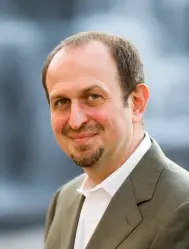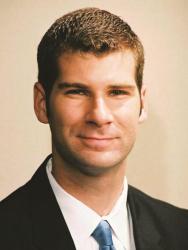Content from the Brookings Doha Center is now archived. In September 2021, after 14 years of impactful partnership, Brookings and the Brookings Doha Center announced that they were ending their affiliation. The Brookings Doha Center is now the Middle East Council on Global Affairs, a separate public policy institution based in Qatar.
Executive Summary
A dramatic shift in priorities and programming is necessary to enhance and improve America’s efforts at public diplomacy and strategic communications with the Islamic world. Restoring the world’s trust in America’s word and rebuilding the shattered foundations of understanding between the United States and the world’s Muslim states and communities is a critical pillar of success in the war on terrorism and therefore must be a top priority for the current and future administrations. Unfortunately, America’s efforts at strategic communications since 9-11 have not been sufficiently rooted within an overarching, integrated strategy (in part, reflecting the fact that an overall national strategy that takes full account of the complexities involved in combating terrorism is still a work in progress). The result has been informational programming that has (1) lacked priority or been misdirected, (2) lacked nuance in dealing with diverse regional and issue areas, and (3) not reached out to the “swing” audiences necessary to marginalizing and rooting out violent extremists.
For America’s efforts at strategic communications to be effective, the U.S. government must move beyond understanding the problem as simply a matter of better public relations. Shaping the views and attitudes held by foreign populaces towards the United States and its policies is more than just trying to reverse steep losses in some global popularity contest; it must be a continuing process that directly affects America’s relationship with populations and civil societies around the world and with the groups and governments they influence. How America speaks and engages with the outside world, and with what elements in that world, creates the environment in which our policies operate and helps determine the success or failure of American foreign policy.
With specific regard to the Muslim world, while better strategic communications and public diplomacy cannot substitute for better policy, they can help America reconnect with the range of moderates and reform-oriented Muslims who share an interest in transforming the region and fighting radical militants. Better strategic communications can even help engage the region’s conservatives to join the effort to defeat violent extremism. The goal of such a campaign is to marginalize the radical militants, reversing the present trend in which it is America’s voice that is the one marginalized. Moreover, with the spread of bin Ladenism having taken on the characteristics of a diffused, decentralized, transnational Islamist insurgency, it is necessary to place a special focus on the interface between traditional means of public diplomacy and the role that the U.S. military can play in the effort as well.




